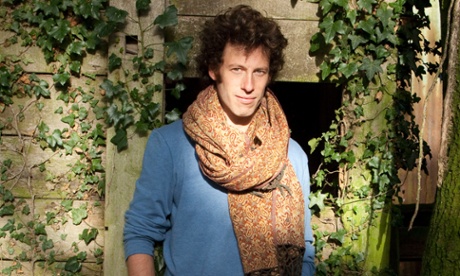
Ever the open book, Sam Lee called this “a concert about the lost voices … and we feel the weight of responsibility of carrying those voices … ” Lee and the Unthanks – both former Mercury Music prize nominees with an admirable penchant for taking risks and doing things differently – were always going to provide an appetising collaboration for a show subtitled “musical meditations on the first world war”.
It was a show of lofty ambitions, with Lee and the Unthank sisters, Rachel and Becky, performing a motley selection of adapted poems, traditional music, songs of the era and original material reflecting human experiences both on the front line and at home.
Backed by beauteous strings, a two-piece brass section, Nico Brown on an enlightened mix of instruments and regular Unthank (and Rachel’s husband) Adrian McNally on piano, the singers produced several moments of elegiac majesty. A Becky Unthank–Sam Lee duet, based on the writings of Roland Leighton and Vera Brittain’s reaction to his death, was genuinely moving, while a strong arrangement of the great Jim Boyes’ song Spring 1919 made for a telling finale. The sinister opening of the second half featured a second-world-war BBC recording of a nightingale, gradually drowned out by the rumble of allied bomber aircraft as the band struck up a startlingly discordant cacophony.
Yet such moments tended to highlight missed opportunities elsewhere. A recording of spoken personal recollections hinted at exciting potential for a Radio Ballads-type mix of actuality and music which was left explored, and the undeniably clever but overly arty visual effects created by Gorillaz collaborator Matthew J Watkins were more of a distraction than an enhancement.
Musically, it was tender and unerringly beautiful, but the performers’ emotions didn’t always transfer to the audience.

